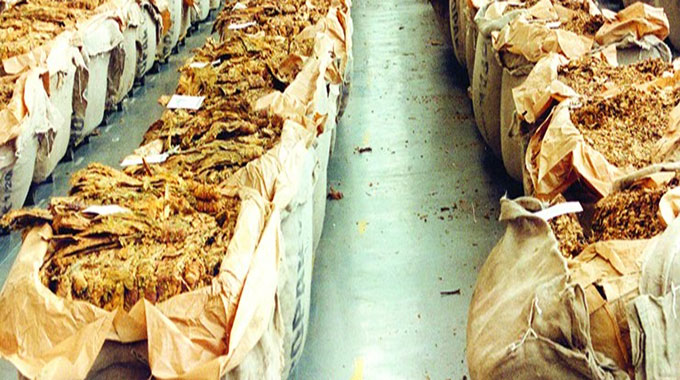
Golden Sibanda
ZIMBABWEAN products will struggle to compete with goods produced in South Africa on international markets for as long as the country continues to depend heavily on raw materials from the neighbouring country, study findings reveal.
A study jointly conducted by the Confederation of Zimbabwe Industries (CZI) and ZimTrade, found that Zimbabwe depends heavily on South Africa for 58 percent of raw materials it requires, on average, for key manufacturing activities.
However, this is despite the fact that the bulk of such raw material inputs could be produced locally, which would save a great deal of the elusive foreign currency which is in critical short supply.
This scenario, the study found, creates an unhealthy state of affairs in that local products will not be able to compete with South Africa’s on export markets while depending on it for most of the key raw materials.
The outbreak of Covid-19, which has negatively impacted global trade, disrupted supply and value chains, has exposed the risk of over dependency on South Africa for key raw materials as any negative developments there will affect Zimbabwe.
China has also emerged to be another major provider of raw materials to emerging economies, making their finished products also uncompetitive in the Asian giant’s markets.
“The above results show that the local industry is highly exposed to the South African economy through the importation of raw materials.
“Effectively, it means Zimbabwe cannot compete with South Africa on the export market.
“Zimbabwe will also suffer contagion effects if any negative developments occur in the South African economy due to local industry high raw material import exposure,” the recent research study, titled Trade Dimensions of Covid-19 found.
This calls for the economy to embark on an aggressive import substitution drive in view of Covid-19 as some countries are banning certain exports to supply own local industries and markets, especially regarding essential raw materials and Covid-19 related products.
For instance, 61 percent of surveyed firms in the food stuff sub-sector import raw materials from South Africa. The import bill for raw materials for this group varies with the agricultural season.
Notably, the import bill declines post-harvest and when goods are not in season the bill goes up if the firms use raw materials that are also produced locally.
Also, about 80 percent of firms in the agriculture and horticulture sectors source from South Africa, as do others from strategic sub-sectors of tobacco, drinks, beverages, transport, distribution, chemicals, petroleum, footwear and clothing.
